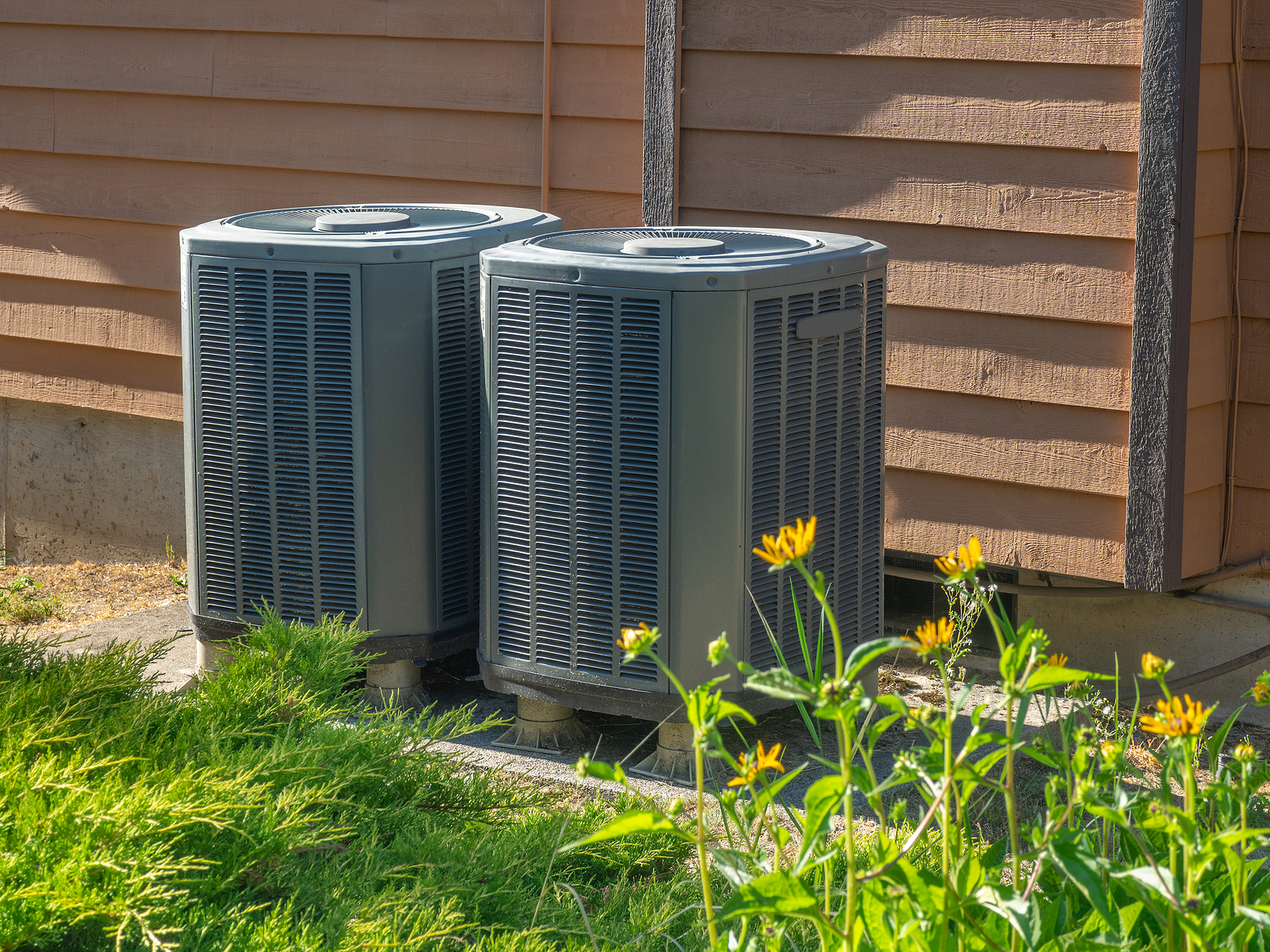From handling summer’s heat to keeping us toasty when it’s chilly outside, our HVACs are one of the hardest working systems in our homes.
As they chug through their lives with nary a problem, it’s frighteningly easy to become complacent about routine maintenance and checkups.
Since a new system can run you between $1,900 and $5,100 (on average), according to HomeAdvisor.com, it only makes sense to start paying attention for signs that the system may be in trouble.
Let’s take a look at some common symptoms to watch for.
1. Something stinks
Strange, nasty odors in the air inside your home may indicate a number of problems with your HVAC system.
If the air smells like something may be burning, it could be a “problem within the motor or the wiring,” according to the pros at compactappliance.com.
They suggest that when you turn the heating system on at the beginning of the season, it may blow out stale air that may have a tinge of an odor similar to something burning.
Let the system run for about 20 or 30 minutes and if the odor doesn’t go away, call an HVAC repair specialist before using it again.
If, on the other hand, the system is emitting a rotten egg smell, turn it off, leave the home immediately and call your gas company. A rotten egg smell is the sign of a natural gas leak.
Does the air smell moldy? One of the most common problems with HVAC systems is a failure to drain moisture adequately. If the moisture gets into the ducts, it can cause mold.
Thankfully, this isn’t a serious problem and can be remedied by an HVAC technician. Don’t let the problem fester, though, or you it may cause health problems.
2. The A/C is blowing hot air
According to pippinbrothers.com, there are many reasons an air conditioning system blows hot – instead of cool – air.
The most common reasons include:
The thermostat is set incorrectly. “It may sound silly, but we’ve seen it happen before,” say the Pippin Brothers. They suggest the first thing to check when you aren’t getting cool air is the thermostat. It may be set to “heat” instead of “cool.”
If that isn’t the cause, ensure that the thermostat is set to “auto” or “on.” “If it’s set to ‘on,’ that means the fan will blow even when the air conditioner isn’t actually cooling,” according to the brothers.
Switch it to auto and adjust the temperature to start the unit. If it’s still blowing hot air, you may have a more serious problem and it’s time to call in a specialist.
3. Little to no air coming from the HVAC unit
Check the filters if the airflow from the HVAC unit is restricted. Often, all it takes to remedy the situation is a new or clean air filter.
If you don’t have routine maintenance done on the unit, it may be dirty coils restricting the airflow. If you can’t determine the problem, call in a professional. Allowing this problem to fester can cause the compressor to fail.
The compressor is one of the main parts of the system and it’s costly to replace. Depending on the system, it may cost between $1,500 and $2,000 according to the pros at AceHomeServices.com.
4. Weird noises
The professionals at American Home Shield, the home warranty company, say that there are eight different noises that may come from your HVAC system.
“Ignoring the mysterious noises from your AC can turn minor issues into major expenses, as these noises could signal anything from needing a simple tune up to costly repairs, to —worst case — replacement of the entire unit,” they caution.
Banging, clanging, clicking, buzzing, squealing, screaming, humming or rattling may be an indication of
- A refrigerant leak
- High internal pressure within the compressor
- Loose parts
- A clog in the system
- Bad fan motor or indoor blower
- Dirty condenser coil
Any noises coming from the system indicate a problem (which may not be serious). Turn off the system and call an HVAC technician for a diagnosis.
Having the A/C fail during summer heat or the heater give out during winter can largely be prevented with routine maintenance of the system.


